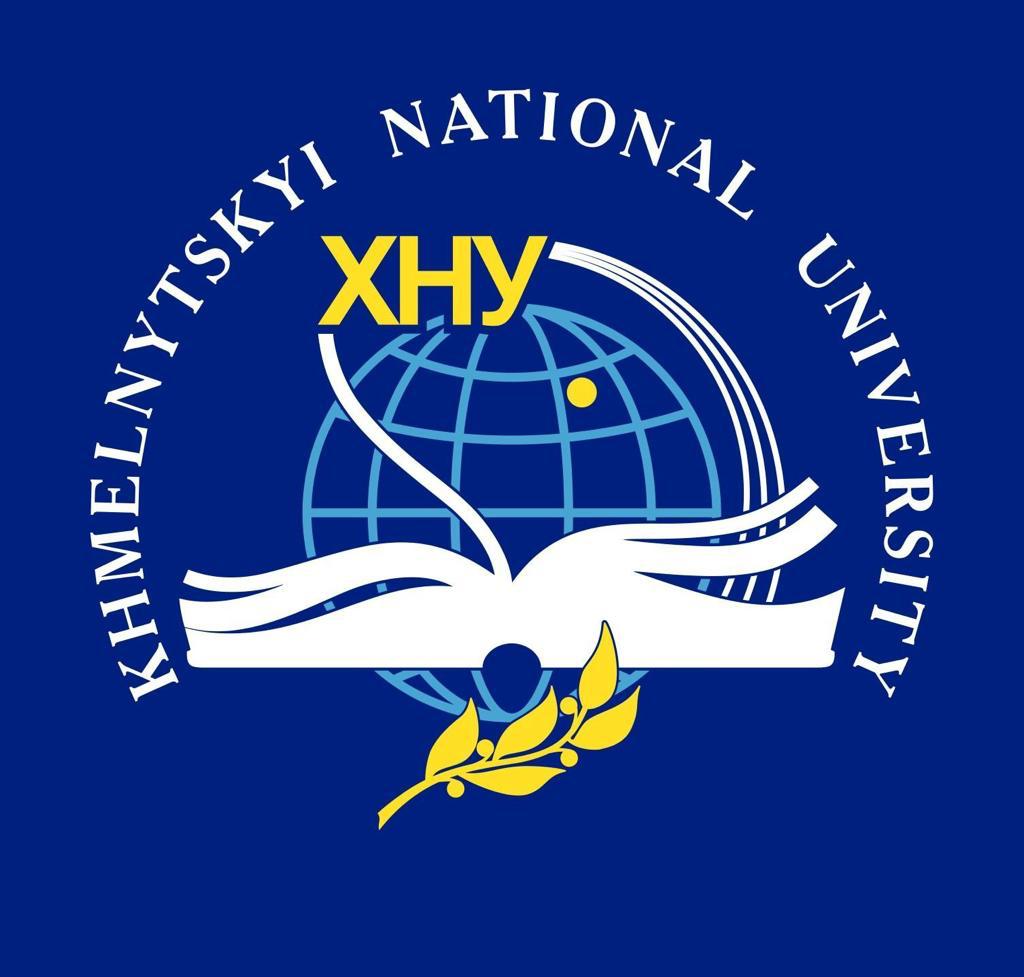РОЛЬ СОЦІАЛЬНО-ПСИХОЛОГІЧНИХ ЧИННИКІВ У СУЧАСНІЙ СИСТЕМІ ПІДГОТОВКИ ЮНИХ ФУТБОЛІСТІВ
DOI:
https://doi.org/10.31891/pcs.2023.3.6Ключові слова:
футбол, юні спортсмени, соціально-психологічні чинникиАнотація
Популярність футболу не викликає сумнівів, футбол залишався одним з найпопулярніших спортивних видів у світі з великою кількістю активних гравців та прихильників. В той же час, у сучасному світі виявлення та розвиток талановитих спортсменів у футболі є важливою задачею для клубів, національних федерацій та тренерських штабів. Прогнозування потенціалу виступів у ранньому віці є складним процесом, особливо оскільки чинники та вимоги до успіху на вищому рівні у футболі є нелінійними та багатофакторними. Один із ключових аспектів, який набуває все більшого значення в процесі розвитку юних футболістів, - це роль соціально-психологічних чинників. Психологічний стан та соціальні взаємовідносини можуть впливати на рівень мотивації, самооцінку та загальний успіх в футболі. Спільність батьків, тренерів, товаришів по команді та інших учасників може суттєво впливати на розвиток футболіста в юному віці.
Розглянуто основні напрямки дослідження зв’язку майбутнього результату з соціально-психологічними характеристиками футболісті. На основі проведеного аналізу літературних джерел доопрацьовано та адаптована загальна концепт-структура соціально-психологічних характеристик футболістів. Виявлені та структуровані психологічні та соціальні характеристики у три групи, які впливають на подальший успіх та становлення футболістів у майбутньому: психологічні чинники, які безпосередньо пов’язані з особистістю спортсмена; зовнішні соціальні фактори, які пов'язані з навчально-тренувальним процесом у футболі; показники поведінки гравця в команді, пов'язані з діяльністю у колективі. Це результат можна розглядати, як матеріал для програм розвитку юних футболістів.
Посилання
Bayrachny O.V. The priority of sports results as the main destructive factor in the training system of young football players aged 6-13. Scientific journal of the NPU named after M.P. Drahomanova. 2021. No. 8 (139). P. 16-19.
Voronova V., Shinkaruk O., Borisova O., Khmelnytska I., Kostyukevich V. Peculiarities of manifestation of personal qualities of athletes of different sexes in football. Physical education, sport and health culture in modern society. 2019. No. 3. P. 78-89.
Hryn O.R. Psychological support and psychological support for the training of qualified athletes: training manual. K.: NUFVSU, Olympic literature. 2015.
Latyshev M., Kvasnytsia O., Spesyvykh O., Kvasnytsia I. Forecasting: methods, criteria and sports results. Sports Bulletin of the Dnieper Region. 2019. No. 1. P. 39-47.
Protsenko A.A., Kiriyenko O.H. The role of the coach in the psychological training of football players. Social and environmental technologies: current problems of theory and practice: materials of the XIV international Internet conference (Melitopol, January 25-27, 2022). P. 133-134.
Shevchenko A.Yu., Boychenko S.V. The structure and content of the training process of young football players at the stage of initial training. Scientific journal of the NPU named after M.P. Drahomanova. 2014. No. 6 (49). P. 147-155.
Bergeron M.F., Mountjoy M., Armstrong N., Chia M., Côté J., Emery C.A., Faigenbaum A., Hall G., Kriemler S., Léglise M., Malina R.M. International Olympic Committee consensus statement on youth athletic development. British Journal of Sports Medicine. 2015. № 49(13). P. 843-851.
FIFA. The Vision 2020‑2023. Access Mode: https://publications.fifa.com/en/vision-report-2021/ (дата звернення: 12.08.2023).
Ford P.R., Ward P., Hodges N.J., Williams A.M. The role of deliberate practice and play in career progression in sport: the early engagement hypothesis. High ability studies. 2009. № 20(1). P. 65-75.
Ford P.R., Williams A.M. The developmental activities engaged in by elite youth soccer players who progressed to professional status compared to those who did not. Psychology of sport and exercise. 2012. № 13(3). P. 349-352.
Forsman H., Blomqvist M., Davids K., Liukkonen J., Konttinen N. Identifying technical, physiological, tactical, and psychological characteristics that contribute to career progression in soccer. International Journal of Sports Science & Coaching. 2016. №11(4). P. 505-513.
Furley P. What modern sports competitions can tell us about human nature. Perspectives on Psychological Science. 2019. № 14(2). Р. 138-155.
Gledhill A., Harwood C. A holistic perspective on career development in UK female soccer players: A negative case analysis. Psychology of Sport and Exercise. 2015. № 21. P. 65-77.
Höner O., Feichtinger P. Psychological talent predictors in early adolescence and their empirical relationship with current and future performance in soccer. Psychology of Sport and Exercise. 2016. № 25. P. 17-26.
Hornig M., Aust F., Güllich A. Practice and play in the development of German top-level professional football players. European journal of sport science. 2016. № 16(1). P. 96-105.
Huijgen B.C., Elferink-Gemser M.T., Lemmink K.A., Visscher C. Multidimensional performance characteristics in selected and deselected talented soccer players. European Journal of Sport Science. 2014. № 14(1). P. 2-10.
Ivarsson A., Kilhage-Persson A., Martindale R., Priestley D., Huijgen B., Ardern C., McCall A. Psychological factors and future performance of football players: A systematic review with meta-analysis. Journal of Science and Medicine in Sport. 2020. № 23(4). P. 415-420.
Kelly A.L., Williams C.A., Cook R., Sáiz S.L., Wilson M.R. A Multidisciplinary Investigation into the Talent Development Processes at an English Football Academy: A Machine Learning Approach. Sports. 2022. № 10. P. 159.
Leyhr D., Kelava A., Raabe J., Höner O. Longitudinal motor performance development in early adolescence and its relationship to adult success: An 8-year prospective study of highly talented soccer players. PloS One. 2018. №13(5). e0196324.
Murr D., Feichtinger P., Larkin P., O'Connor D., Hoener O. Psychological talent predictors in youth soccer: A systematic review of the prognostic relevance of psychomotor, perceptual-cognitive, and personality-related factors. PloS One. 2018. № 13(10). e0205337.
Reilly T., Williams A.M., Nevill A., Franks A. A multidisciplinary approach to talent identification in soccer. Journal of Sports Sciences. 2000. № 18(9). P. 695-702.
Roca A, Williams AM, Ford PR. Developmental activities and the acquisition of superior anticipation and decision making in soccer players. Journal of sports sciences. 2012. № 30(15). P. 1643-1652.
Unnithan V., White J., Georgiou A., Iga J., Drust B. Talent identification in youth soccer. Journal of Sports Sciences. 2012. № 30(15). P. 1719-1726.
Williams AM, Reilly T. Talent identification and development in soccer. Journal of Sports Sciences. 2000. № 18(9). P. 657-667.
Williams AM. Perceptual skill in soccer: Implications for talent identification and development. Journal of Sports Sciences. 2000. № 18(9). P. 737-750.





